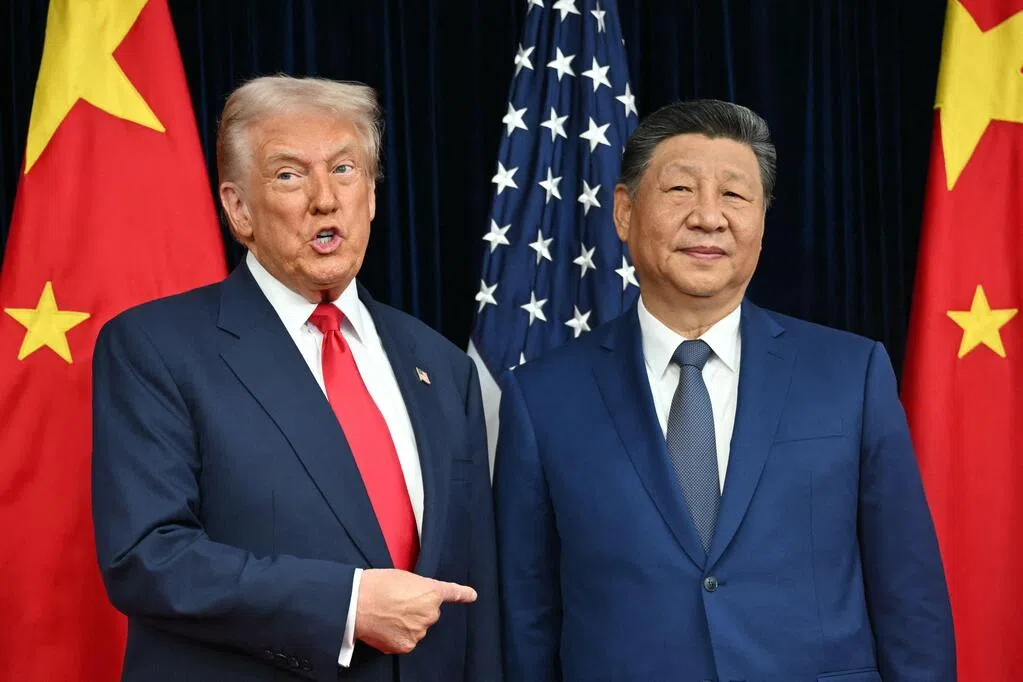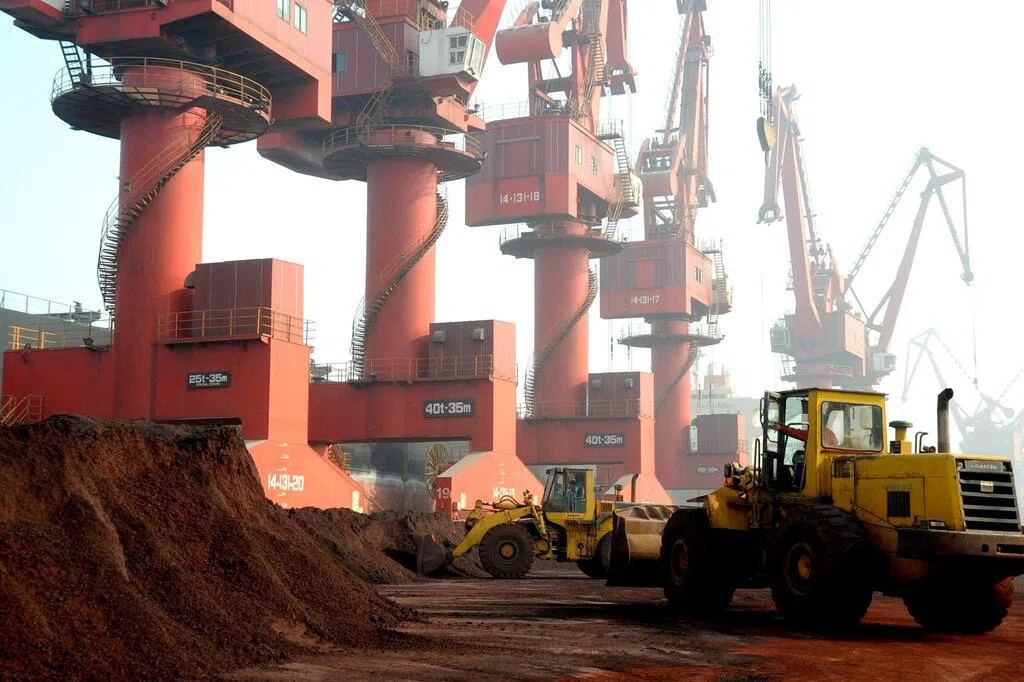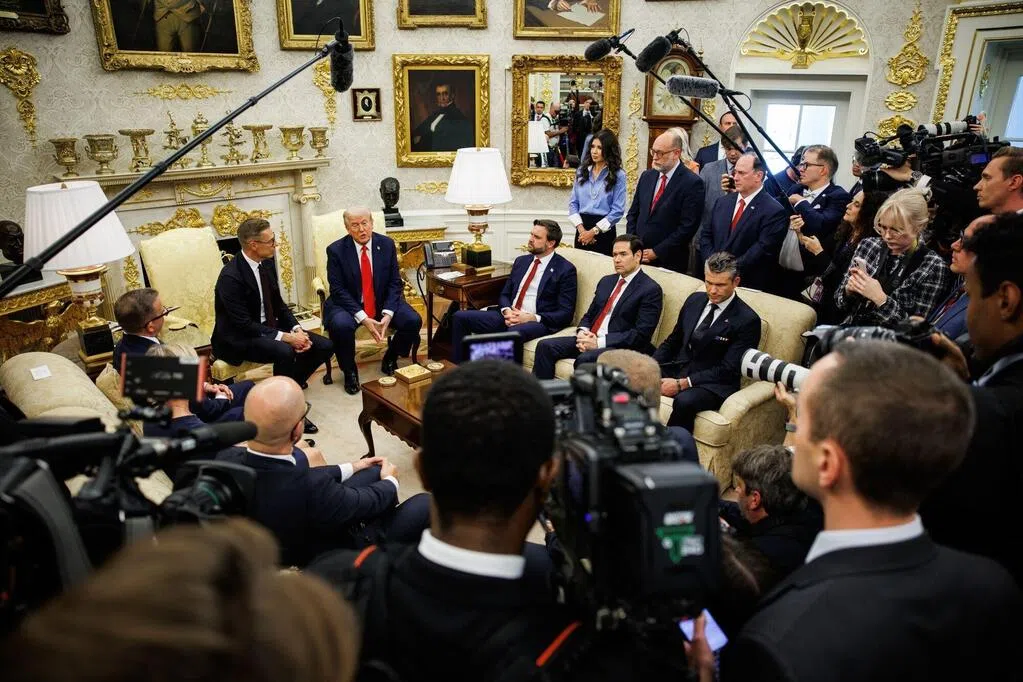(Washington, D.C.) U.S. Treasury Secretary Matt Bessen said the United States hopes to finalize an agreement with China to secure rare earth supplies before the Thanksgiving holiday at the end of this month. He expressed confidence that China will fulfill its commitments, but warned that the U.S. has no shortage of retaliatory measures if China reneges.
When U.S. President Donald Trump and Chinese President Xi Jinping met in South Korea at the end of October, they reached a preliminary agreement on rare earths. The U.S. agreed to lower tariffs on Chinese goods, and China agreed to suspend export restrictions on some key minerals for one year and purchase U.S. soybeans and other products.
In an interview with Fox News on Sunday (November 16), Bessen said the agreement still needs to be finalized, and the U.S. hopes to complete it before Thanksgiving on November 27.
"I am confident that China will fulfill its commitments after President Trump and President Xi Jinping's meeting in South Korea," he said. However, he also said that if Beijing changes its mind, the U.S. has "many levels" of retaliatory measures.
Bessen stated that after the agreement takes effect, the U.S. rare earth supply will return to the free-flowing state it was before April 4. In April of this year, China imposed export restrictions on rare earth elements in response to Trump's tariff policies.
Further Reading


Bessant also refuted a recent Wall Street Journal report that claimed China plans to restrict U.S. companies with ties to the U.S. military from accessing rare earths.
While the U.S. is urging China to lift its export restrictions on rare earths, it also seeks to break China's dominance in the rare earth industry. During a visit last week to a newly built rare earth mining and processing center in South Carolina, Bessant said that the first rare earth magnet produced in the U.S. in 25 years had been manufactured there, adding, "We want to end China's control over our supply chain."
However, an analysis by The Guardian points out that China currently controls approximately 70% of global rare earth mining and over 90% of rare earth processing capacity, a position the U.S. is unlikely to challenge in the short term.
Last year, the U.S. relied on imports for 80% of its rare earth use. The refining of some key minerals, such as dysprosium and samarium, is almost entirely controlled by China, accounting for as much as 99%. Dysprosium is used in chip manufacturing, while samarium is crucial for the military.
“The U.S. has taken significant steps… but cannot achieve self-sufficiency in the short term because it takes time for mines to come online and for refining capacity to be established,” noted Benchmark Minerals Intelligence (BMI).
Reuters also reported that global supply of the rare earth element yttrium has plummeted due to Chinese export controls, potentially triggering shortages and driving up costs, impacting industries such as aerospace, energy, and semiconductor manufacturing.
Yttrium is used to manufacture special alloys for engines and high-temperature coatings. In retaliation for U.S. tariffs, China imposed export controls on yttrium and six other rare earth elements starting in April. Analysts point out that currently, exports require licenses from Beijing, but so far only small-scale exports have been approved.
Data from Argus, an energy and commodities intelligence firm, shows that since January, the price of yttrium oxide, used in the manufacture of heat-insulating coatings, has risen by 4400% in Europe, reaching $270 per kilogram.
The U.S. is entirely dependent on imported yttrium, with 93% imported directly from China, and the remainder made using raw materials processed in China. Chinese customs data shows that China's yttrium exports to the US slowed down at the beginning of the year, and came to a complete standstill after new regulations were introduced in April.
To reduce US reliance on imported yttrium, Indiana-based ReElement Technologies plans to produce yttrium oxide at a rate of 200 metric tons per year starting in December, and increase annual production to 400 metric tons by March of next year. Last year, the US imported approximately 470 metric tons of yttrium products.



